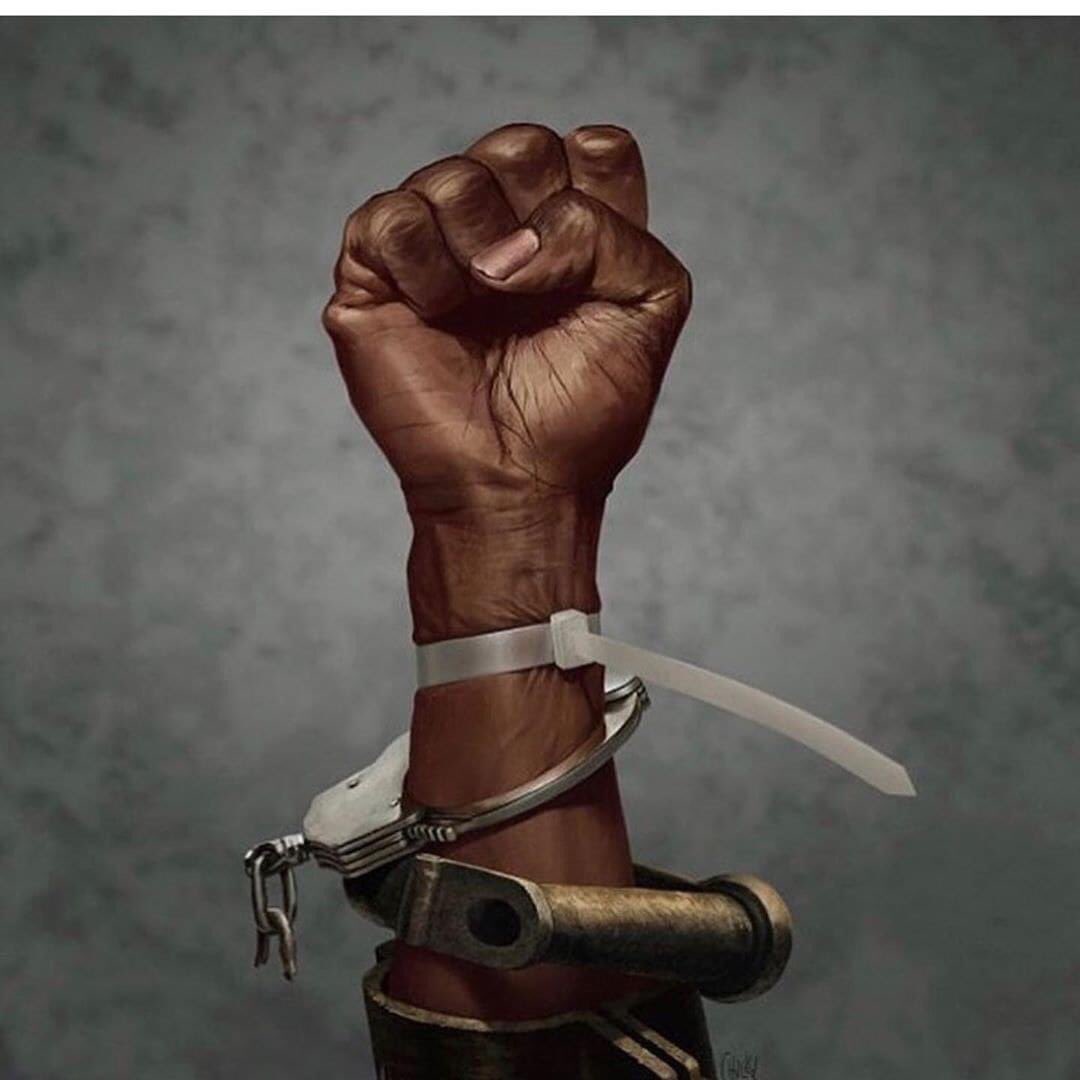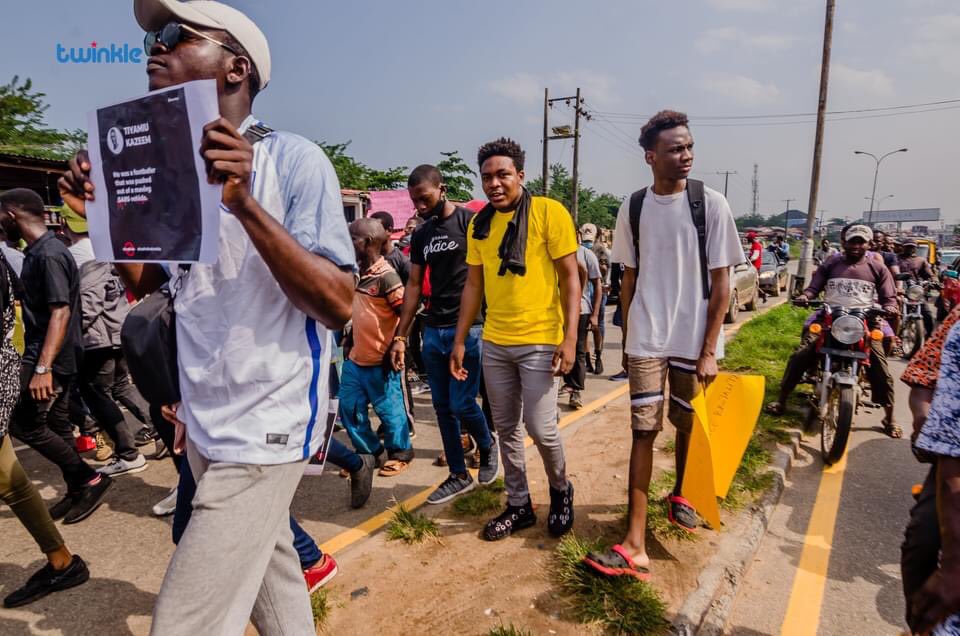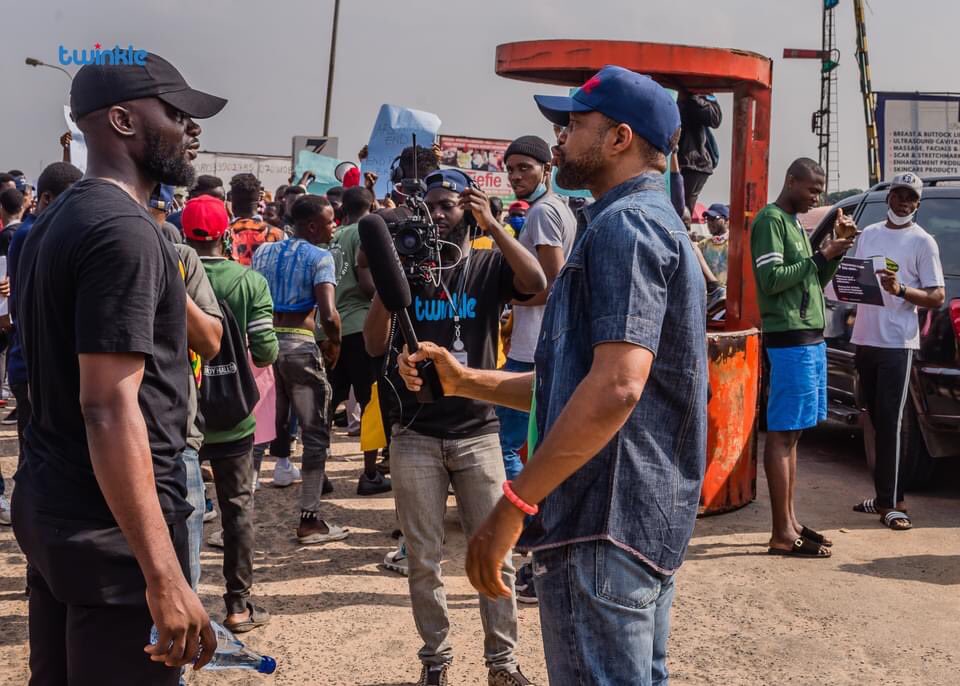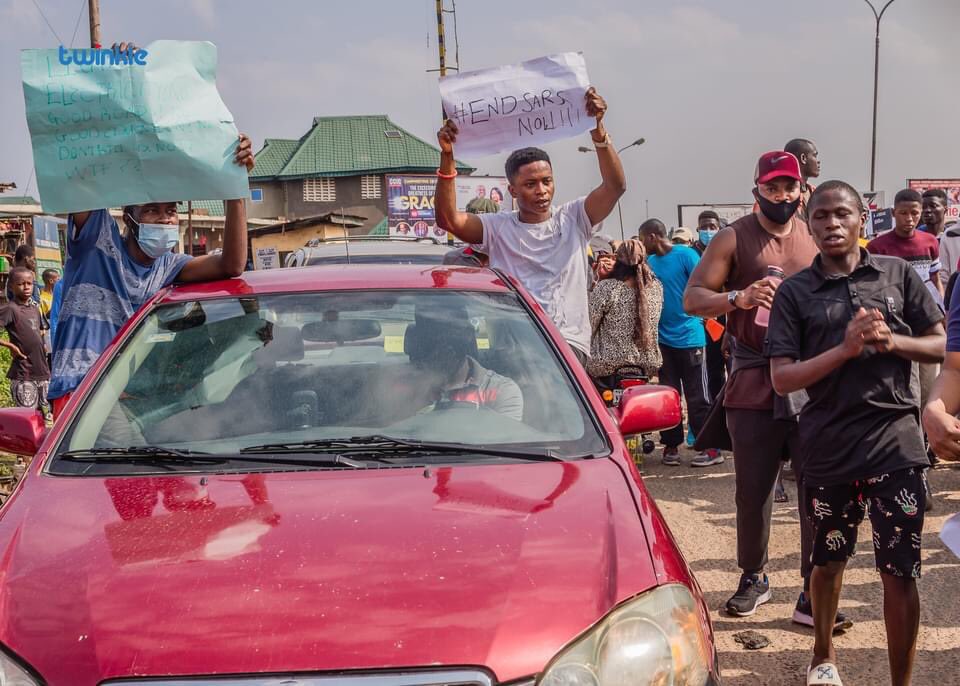NATIONAL SECURITY: WHY POLITICIANS FAIL
According to Harold Lasswell politics is the power to determine who gets what, when and how much, meaning that power is about the allocation and distribution of resources.
According to Harold Lasswell politics is the power to determine who gets what, when and how much, meaning that power is about the allocation and distribution of resources.
https://twitter.com/eobilo/status/1283912436156968960
The values behind the distribution of resources determine if a country is developed or poor. In Nigeria the commanding values of disunity and deceit overburden the state. These are values that deny the person peace of mind, leading to a rat race as the state belongs to nobody.
The politics of the moment can only exacerbate the chaos of poverty and violence as it is not politics to serve the common good.
Highlights:
*Buhari’s refusal to sack defense chiefs has worsened the security situation of Nigeria
*Politics is about survival and interest
Highlights:
*Buhari’s refusal to sack defense chiefs has worsened the security situation of Nigeria
*Politics is about survival and interest
*PDP is a catch-and-carry party
*Teslim Folarin will not return to the PDP
*APC stole the 2018 Osun State gubernatorial election
*Adedibu was a man of the people
*The is the need for a constitutional remaking of Nigeria
State Affairs 4 July 2020
*Teslim Folarin will not return to the PDP
*APC stole the 2018 Osun State gubernatorial election
*Adedibu was a man of the people
*The is the need for a constitutional remaking of Nigeria
State Affairs 4 July 2020
Guests:
*Teslim Folarin, senator representing Oyo Central Senatorial District
*Prof Soji Adejumo, politician, former Chairman of the Oyo State Universal Basic Education Board
*Dr Nathaniel Dangibo, Institute of Peace and Conflict Studies, University of Ibadan
*Teslim Folarin, senator representing Oyo Central Senatorial District
*Prof Soji Adejumo, politician, former Chairman of the Oyo State Universal Basic Education Board
*Dr Nathaniel Dangibo, Institute of Peace and Conflict Studies, University of Ibadan
*Diran Odeyemi, Deputy National Publicity Secretary of Peoples Democratic Party (PDP)
*Femi Aborisade, Alliance on Surviving Covid-19 and Beyond (ASCAB)
@bushradio24
@udarabooks
@twinklefiles
#StateAffairs
#BushRadio
#MediaForDevelopment
*Femi Aborisade, Alliance on Surviving Covid-19 and Beyond (ASCAB)
@bushradio24
@udarabooks
@twinklefiles
#StateAffairs
#BushRadio
#MediaForDevelopment
• • •
Missing some Tweet in this thread? You can try to
force a refresh




















